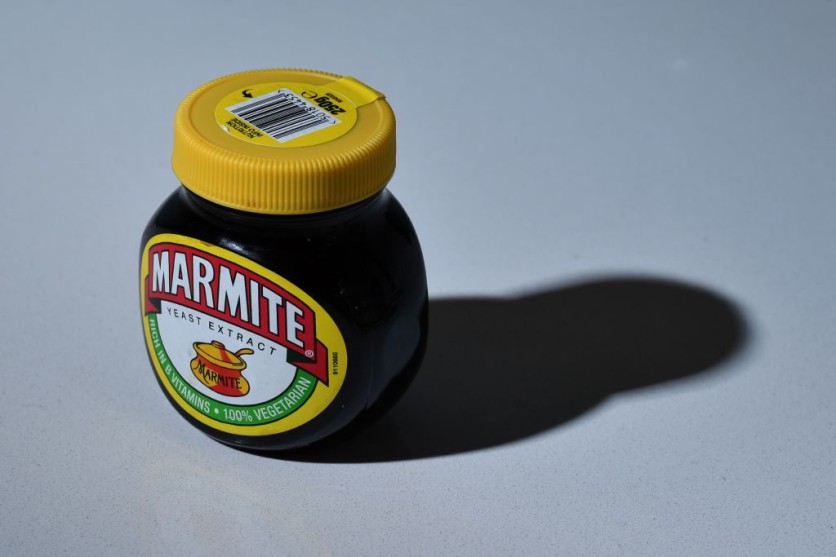Scientists from the University of Warwick have developed virtual versions of popular spreads, Marmite and Vegemite, using cutting-edge technology capable of replicating the taste of nearly any food or beverage. These virtual flavors are now being utilized in a unique taste test to aid in the early diagnosis of Alzheimer's disease.

Newly Developed 'Taste Test' Could Serve Early Indicator of Alzheimer's Disease
Alan Chalmers, a professor of Visualisation at WMG, University of Warwick, spearheaded the creation of these virtual flavors in honor of World Marmite Day on September 28.
By meticulously analyzing food samples, Chalmers and his team can mimic the genuine flavor, encompassing taste, aroma, and mouthfeel.
New-Food Innovation, a state-of-the-art food technology company, conducts the analysis. Once the evaluation is complete, virtual flavors are crafted to completely match the original taste, utilizing food-safe chemicals approved by the UK Food Standards Agency.
Chalmers' research, conducted in collaboration with West Midlands-based company Superlunary Labs, delves into the intricacies of taste and smell perception.
The team is also investigating whether a subpar performance on their newly developed "taste test" could serve as an early indicator of various diseases, including dementia. This approach could lead to the early detection of conditions like Alzheimer's long before any signs of memory loss manifest.
Describing the process similar to following a recipe, Chalmers explains that by accurately simulating the distinct elements of a flavor, foods like Marmite can be replicated with a taste virtually indistinguishable from the original.
"We recreated the health drink rooibos tea and even the chief taster of a rooibos manufacturer in South Africa could not distinguish between the real and virtual rooibos," Chalmers noted.
Read Also : [STUDY] Nose-Picking Could Increase Alzheimer's Disease Risk; Other Daily Habits That Can Lead to Dementia
'Flavor Discovery Journeys'
The initial inspiration for creating virtual samples of Marmite and Vegemite stemmed from a playful idea during this summer's Ashes cricket tests. However, the underlying research aims to shed light on the profound connection between taste, smell, and underlying neurological health.
Malcolm Barnes from Superlunary Labs emphasized their collaborative efforts with Chalmers, ensuring that virtual flavors are delivered through an accessible, hygienic, and precisely calibrated device for Chalmers' team to analyze.
The study introduces a novel virtual flavor device capable of emulating genuine flavor experiences. It aims to deliver virtual flavor encounters perceived as "indistinguishable" from the real thing, employing food-safe chemicals for all three flavor components.
The research demonstrates the remarkable precision with which real flavor experiences can be simulated, opening the door to precisely controlled "flavor discovery journeys" utilizing virtual flavors. The findings of the research team were published in the journal IEEE Xplore.
Related Article : Neuroscientists Develop a Biomarker Test That Can Detect Alzheimer's Neurodegeneration in Blood Faster

ⓒ 2026 TECHTIMES.com All rights reserved. Do not reproduce without permission.




